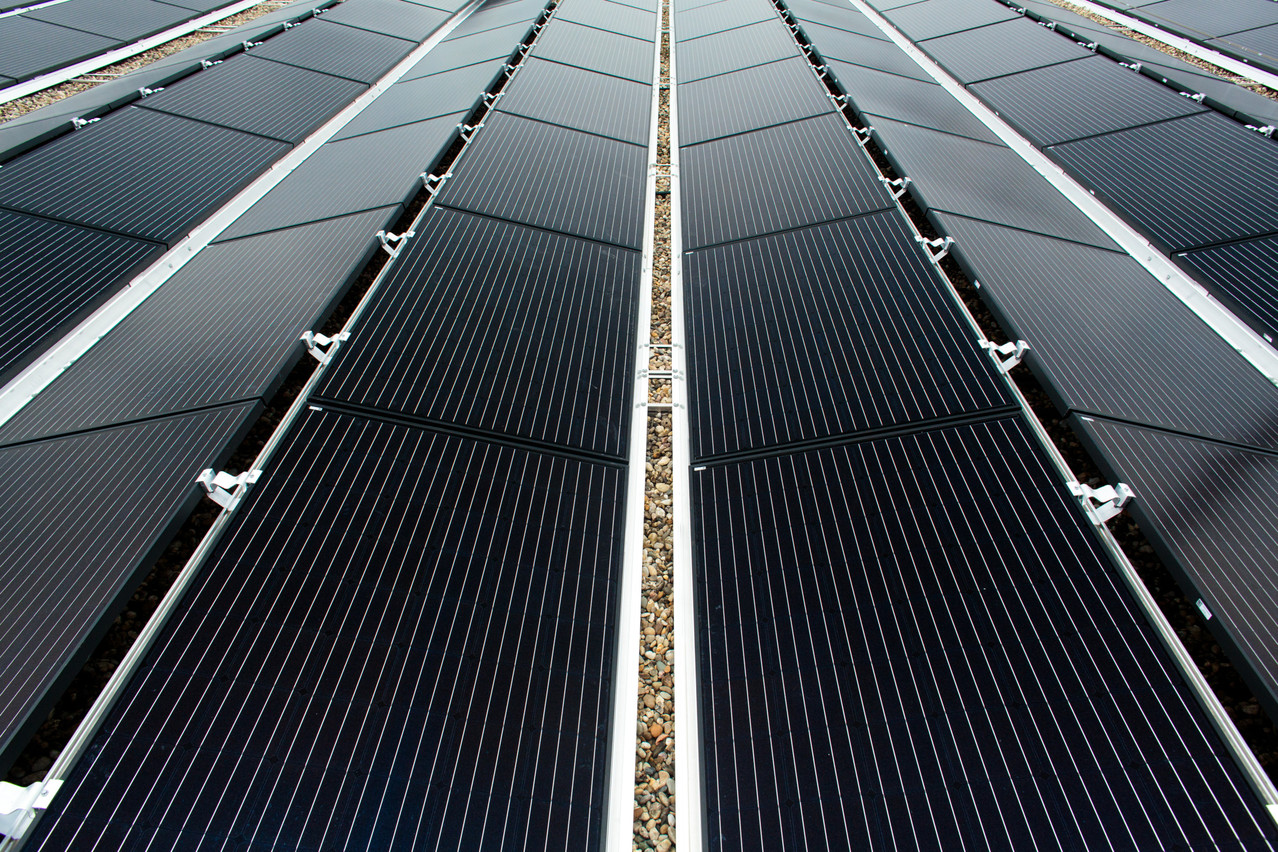The Chamber of Skilled Trades and Crafts (Chambre des Métiers) this week published the results of a survey carried out among its members.
These showed that 60% of companies in the sector don’t plan on investing in energy efficiency, with the main reason (40% of respondents), saying these investments are too costly and that the company doesn’t have enough time to dedicate to the issue.
Around a quarter cited a lack of available alternatives, with 10% saying there wasn’t sufficient expertise to manage such a project.
The skilled crafts and trades sector is still heavily reliant on fossil fuels. Around three quarters of the companies surveyed rely on fossil fuels for its production processes, but also their heating (80%) and company vehicles (86%).
For the 32% of companies who said that they have already invested in energy savings, three quarters have switched to LED lighting. Only a third made changes to their production processes. Around one in five invested in better insulation and solar panels.
Of the companies wanting to invest in the future, 90% cite energy efficiency projects outside their production processes. Companies are also thinking of investing in more efficient vehicles (61%), new heating systems (35%) and insulating buildings (25%). Just over a third said they would invest in making production processes more efficient.
Companies said they would like more support for electric vehicles and charging infrastructure as well as help with carrying out energy audits to get a better understanding of how they can reduce their carbon footprint.
The government is planning on pumping more money into consulting for companies under its National Energy and Climate plan, as part of its climate pledge to reduce emissions by 55% by 2030 and becoming carbon neutral by 2050.
EU pandemic recovery funds meanwhile are set to go into . Under its recent energy crisis recovery package, the government will also aim to incentivise industry players to switch to renewable suppliers, paying for the different in price to a cheaper fossil option.
The skilled crafts and trades sector accounts for around 20% of companies and jobs in Luxembourg, employing more than 100,000 people.
Following a pandemic-induced dip in activity, the sector is facing rising prices and materials shortages as a lingering result of the covid-19 crisis but also the war in Ukraine and the energy crisis.
The indexation of wages, triggered by high inflation, has increased company overheads, adding to cash flow problems and delaying potential investments, for example in the green transition.
